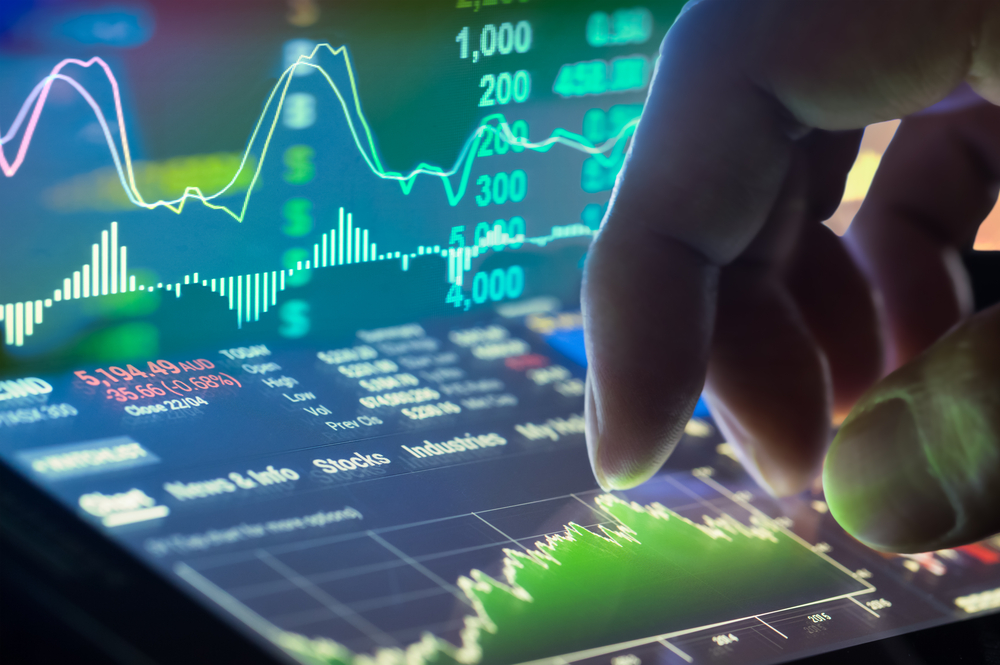Global Markets Quake due to Hawkish Central Banks
Global markets are quaking and investors have become rattled due to worsening expectations about how aggressively central banks would have to tighten their respective monetary policies in order to stave off the surging inflation.
Monetary Authorities Turn Aggressive
In recent days, global monetary authorities have made some eye-catching moves that have people and markets rattled. The US Federal Reserve increased its interest rate by 75 basis points, which is the largest increase in almost three decades. Likewise, there was also an interest rate hike of 50 basis points by the Swiss National Bank (SNB) and the Bank of England also hiked the interest rate up by 25 basis points.
Now, investors are gearing up for similar aggressive moves. On Friday in the United States, the Fed funds futures had priced in the possibility of the central bank hiking its rate up to 3.5% by the end of the year. The current rate is around 1.58% and there is a 44.6% chance that it will go up. A week ago, there had been a less than 1% probability of this happening.
There has been a lot of volatility in global markets due to this heightened hawkishness, as central banks are moving to pull back from the monetary support measures that were introduced during the pandemic. For years, these measures have helped in driving up the asset prices. In recent days, there have been rising concerns that the aggressive stance of the Fed could drive the economy into recession.
These worries took their toll on stocks, as the S&P 500 index turned bearish this week, when it fell more than 21% from its record close in January. This week saw it decline by 6%, which puts it on track for its worst weekly decline since March 2020.
Markets on a Decline
The STOXX 600 index in Europe has already dropped by 17% this year, while a 10% drop has also been recorded in the Japanese Nikkei 225. There have also been some volatile moves in the currency and bond markets because of changing rate expectations. Treasury volatility has hit its highest level since March 2020, while gyrations in the forex market have also moved higher.
Since last week’s meeting of the European Central Bank (ECB) expectations about its rate hike have also been revised. A rate increase of 25 basis points is expected in July with a 50 basis points increase coming in September. According to some economists, the ECB’s plan of introducing a new tool for reducing the stress in the bond markets will give the bank room to hike up the rate more aggressively, if required.
Overall Increases
This year has already seen global central banks raise their interest rate about 124 times, as opposed to 2021 when it had gone up 101 times and 2020 saw six increases. The Bank of Japan has chosen to buck the tightening trend and it continues to stick to its easy monetary policy and low interest rate, which is taking a toll on the Japanese currency.







